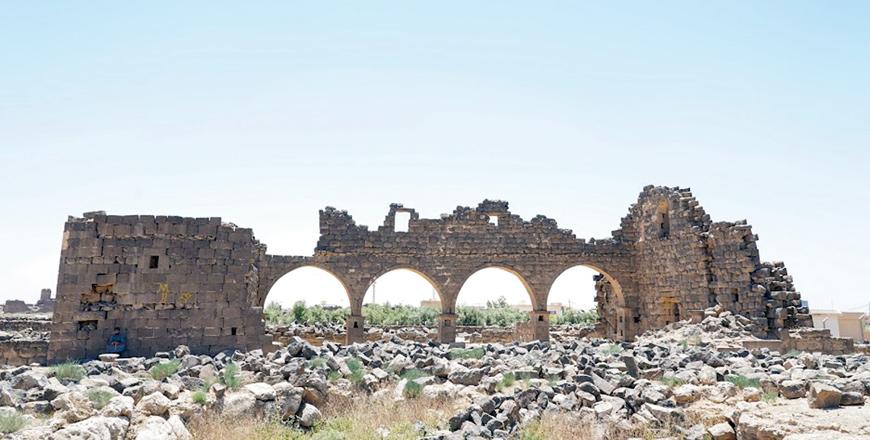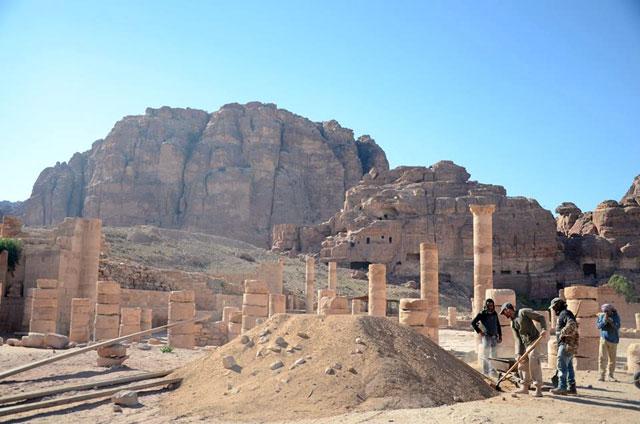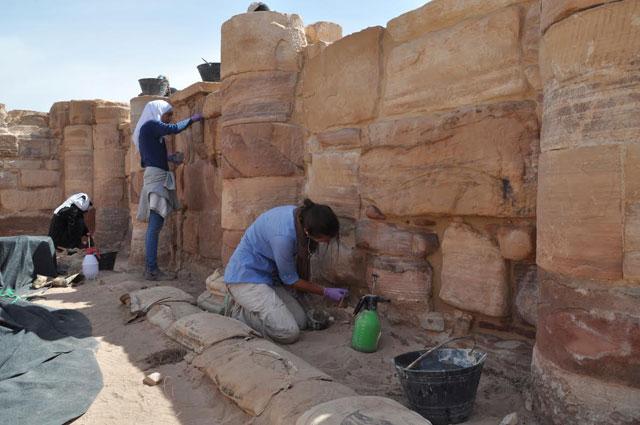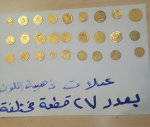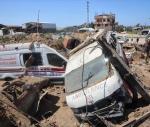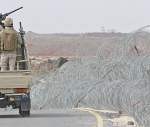You are here
American anthropologist examines impact of long-term excavation on communities
By Saeb Rawashdeh - Sep 09,2017 - Last updated at Sep 09,2017
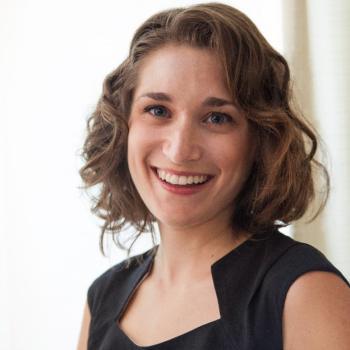
Allison Mickel
AMMAN — Being in direct touch with the population of Petra, an American anthropologist realised that they are "deeply emotionally connected with the site and feel that it is essential to their heritage and history".
Allison Mickel was the project anthropologist for the Temple of the Winged Lions Cultural Resource Management (TWLCRM) initiative in Petra, 235km south of Amman.
"This was a project that started in 2009 and aimed to stabilise, conserve and present the Temple of the Winged Lions in the Petra Archaeological Park," the American scholar noted, adding that a central component of this project, in addition to rehabilitating the archaeological remains themselves, was to train members of the local communities from Beidha, Umm Sayhoun, and Wadi Musa in excavation and conservation activities.
"My role as project anthropologist was to study this aspect of the project," she continued, noting "I participated in the work on site, I regularly interviewed team members and their families and I researched the history of archaeological work in Petra to understand the impact of TWLCRM's community engagement effort."
After a trip to Kenya in 2008, where she participated in her first archaeological excavation, Mickel decided to pursue a degree in anthropology and began learning Arabic.
Her doctoral project was about the impact of long-term archaeological excavation on communities that live near or on the archaeological site. She worked at Catalhoyuk in Turkey with Ian Hodder and at Petra with Chris Tuttle and Susan E. Alcock.
"These are two sites with long histories of excavation, where I could study how archaeological work affects the people who live there today," Mickel, who received her PhD last year and works as assistant professor of Anthropology at Lehigh University (Pennsylvania), said in a recent e-mail interview with The Jordan Times.
For TWLCRM, ensuring the future of the temple depended on the local community's involvement as empowered, primary stakeholders in protecting the site and making decisions about how to care for it, she underlined.
Moreover, she found that those who have worked on archaeological excavations as workers have developed immense knowledge about excavation and about the history of Petra.
"There are many current and former site workers, for example, who can examine a fragment of pottery and know the time period in which it was created; there are many who can predict exactly how far one must dig down to start finding Roman artifacts, or the original floor of an ancient building," Mickel emphasised.
"At the same time, however, the interviews I conducted [not only in Petra, but also in Turkey] revealed that archaeologists have often ignored this kind of expertise that workers have," she said.
In fact, it is quite common to hear stories of archaeologists firing workers who suggested alternative excavation approaches or ideas about artifacts that were found, the scholar added, noting that, as a result, workers in sites like Petra are often "very hesitant to share" the expertise that they have about archaeology and about the city itself.
"It is my hope that community engagement projects like TWLCRM will change this situation and encourage local community members to share their knowledge which would make archaeological excavation more effective, and we would be able to learn much more about the past," Mickel stressed.
In the meantime, she is completing a book on the results of her research project in Turkey and Jordan, titled "Why Those Who Shovel are Silent: The Unknown Experts of Archaeological Excavation".
"In addition, I am beginning a research project studying a company that has recently formed in Petra, called Sela, which was created to train communities all over Jordan in the protection and conservation of the cultural heritage resources that they live near. I will also be working with the Umm Al Jimal project [directed by a veteran scholar Bert de Vries], to support their ongoing community engagement and sustainable development initiatives," Mickel noted.
Related Articles
AMMAN — Two startups have been working on community capacity building in Wadi Musa and Umm Al Jimal which includes training of residents of
AMMAN — For most people, the predominant archaeological writing style is “too dry and boring”, thus, something has to change in order to mak
AMMAN — Archaeological work in Jordan must place local communities at the heart of conservation and protection efforts, a researcher with ov


